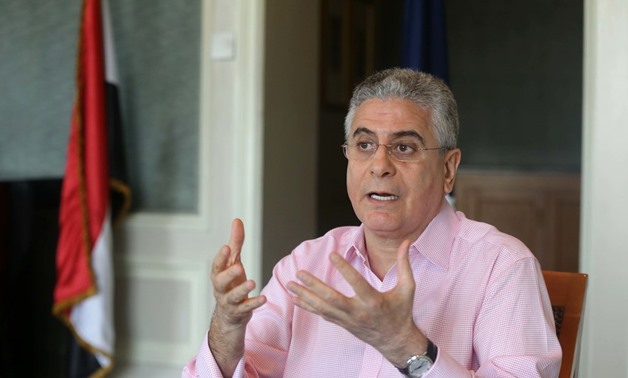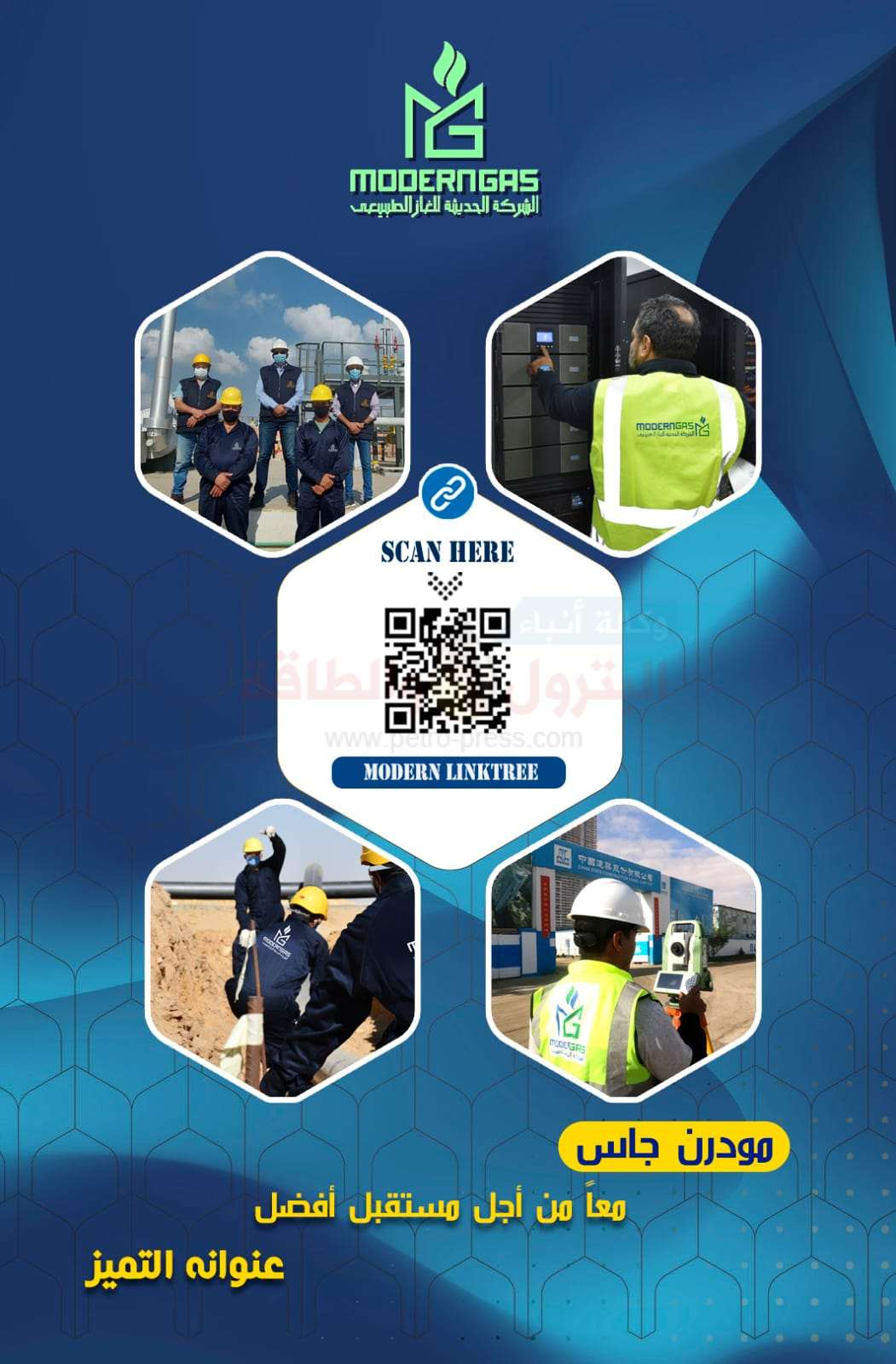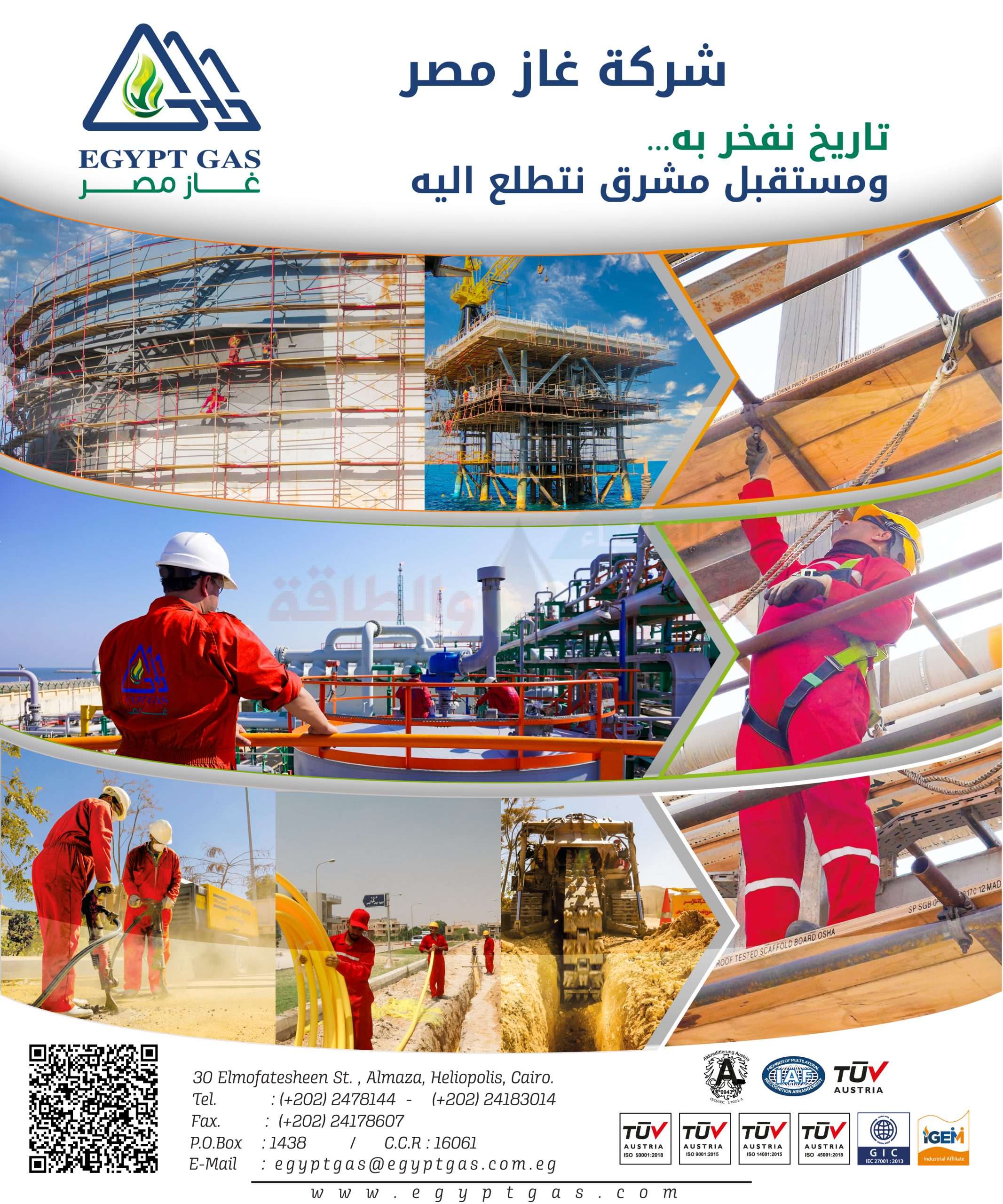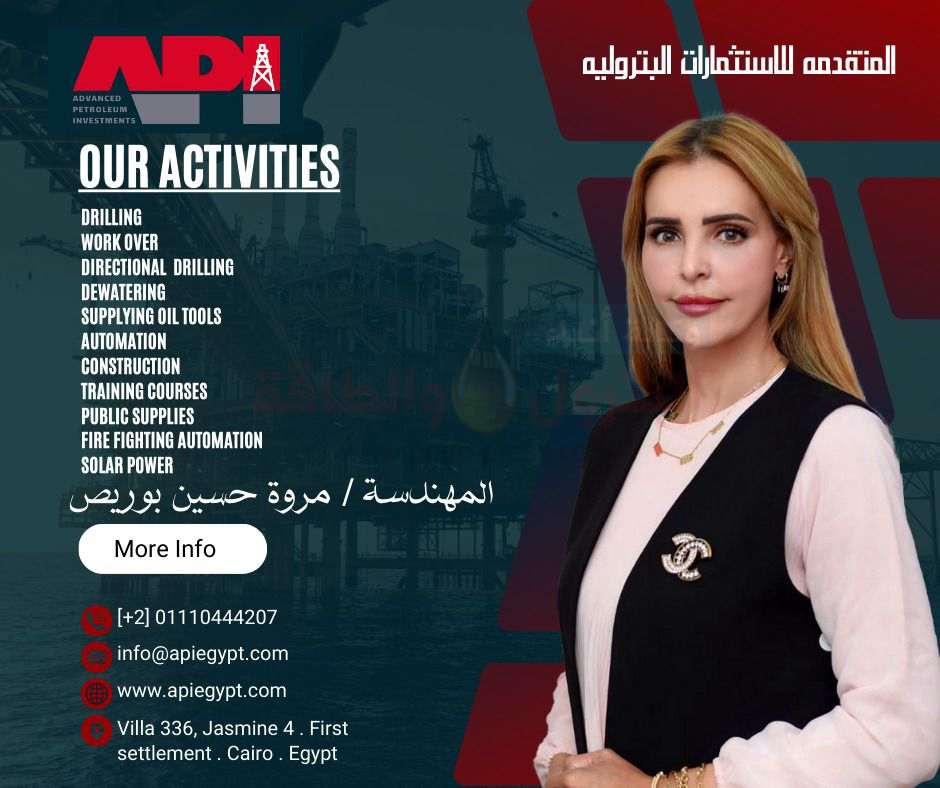Exclusive: World Bank’s Ferid Belhaj unfolds new perspective on MENA

[ad_1]
In order for that to happen, a deep look on the reasons behind this wave was essential. Renewing the social contract was a driver of the bank’s strategy set in 2014-2015 after the governments failed to deliver their part (free goods and services) of the contract for becoming expensive. The bank considered the shake was moved by young people who opened up on markets beyond their borders and found that their side of the bargain was not fair.
The four pillars of the strategy took into consideration the evolving issues including refugees’ crisis, the need for re-sowing social fabric and pushing for a regional integration.
.jpeg)
The World Bank Group vice president for Middle East and North Africa Ferid Belhaj – Photo by Hossam Atef/Egypt Today
The World Bank has recently announced extending its strategy in the region to support digital economy transformation, besides signing a $200 million program to fund entrepeneurs in Egypt.
In an exclusive interview, Ferid Belhaj who took up the position of the World Bank Group vice president for Middle East and North Africa on July 1, 2018, explained to Egypt Today the additional pillars to the plan thoroughly.
Below is the interview with Ferid Belhaj, where he shares his insights on partnership with Egypt and on the country’s expected role after chairing the African Union:
ET: Why did you decide to enlarge the current MENA strategy?
Belhaj: We thought that the reality of the region needs more than what we are doing. There was a shocking figure that by 2030 we will be looking at 300 million young people knocking at the door of the market in the region. It is huge in terms of number and opportunities; they are all educated and what we wanted to do is to help them reap the full benefit of that energy.
So, we needed to do three things. First, to deepen our engagement when it comes to human capital by making people learn rather than memorize, making sure they are fed well and have the capacity to grow in a good way and to develop a social protection plan.
Second, the private sector: When you look today at the drivers of every country’s economy, it is the entrepreneurships, so the state needs to move from a doer to enabler by putting together broad laws and regulations, within which the private sector can actually thrive.
Third, the New Technologies: Digitalization of the economy is an important part of what we are doing and connectivity is becoming a reality because you need to plug into a reliable set of internet if you need to transform to digital economy.
ET: How do you adjust your strategy to fit changes in different countries across the MENA region?
Belhaj: Well from 2012 to 2017, I was managing the Mashreq department. I don’t see a divide between the Maghreb and the Gulf countries, or between North Africa and the rest of Africa.
Issues related to migration are issues that are very much relevant to North Africa to sub-Saharan Africa and to the rest of the Middle East when it comes to this kind of the negative part of things. On the positive part, when it comes to connectivity for instance, Egypt is looking at its African depth and really moving extremely heavily into it through connectivity and other ways. Morocco is doing even more than that.
.jpeg)
The World Bank Group vice president for Middle East and North Africa Ferid Belhaj – Photo by Hossam Atef/Egypt Today
ET: MENA region suffers low internet quality and speed and low cashless transactions. What do governments need to do to get ready for digital economy and encourage startups to test new ideas?
Belhaj: We have made a pledge to ourselves and to our partners in the Middle East and North Africa that we will double the digital connections between now and 2021. For us, it is absolutely fundamental that connectivity gets to a place where it can actually absorb our ambitions for its new digital economy.
The political will is there. We need to find the technical ways of doing it, we need to make sure that we also find you the financing and the World Bank is willing and ready and able to help as much as we can the countries, our partners, to move in that direction.
One of our ambitions is something that I’m putting on the table, which is Middle East and North Africa 5G. We need to be really aiming high and we need to stop looking at what others have done before us and try to emulate them because we would be always behind; we need to create a totally new dynamic.
ET: With machines and artificial intelligence expected to take over jobs in the future, what should the region do to invest in its large and well-educated youth population and how will the World Bank address this in its agenda?
Belhaj: If we look at Egypt today, the minister of education is putting together a very ambitious reform in the education system; he is reforming the curriculum and the way to learn, instilling into the conversation new technology using tablets etc. And in order to be successful, we need two things: very strong communication drives with enlarged broadband, and ambition to have the kids get to be creators and invent in their own new industry. That’s why robotics and artificial intelligence should be seen as factors of full progress rather than something that we should fear.
ET: How do you evaluate the scene in Egypt in meeting the right mix of public and private funding of projects?
Belhaj: I believe that Egypt is going in the right direction. It is opening up more and more to private sector engagement in the economy and a proof of that is the flow of foreign direct investment into the country. But we need to keep going and we need to keep enlarging the pie for the private sector. Competitiveness, contestability and transparency need to be taken seriously. Egypt’s business index could be way better with a few tweaks needed.
.jpeg)
The World Bank Group vice president for Middle East and North Africa Ferid Belhaj during interview with Egypt Today- Photo by Hossam Atef/Egypt Today
ET: According to the World Bank’s report, Egypt was among the emerging growth stars, placed second after Djibouti. In your opinion, what achievements pushed Egypt to this ranking?
Belhaj: I think Egypt has done incredible reforms over the last 4-5 years. That’s clear. And we see Egypt went from a negative growth to now 5.6 percent possibly going to 6 percent down the road. It is spectacular. It is great and it shows that there is a very strong political will. But we need to make sure that the social dimensions of things are very much taken care of.
We are today in Egypt moving ahead with two pronged approach and pushing very strongly on businesses on private sector and we have very important projects that deal very specifically you know with the broad social protection agenda including social housing.
ET: The World Bank has a portfolio of 15 projects worth $7.3 billion in Egypt, which partners do you cooperate with to achieve your strategy in the country?
Belhaj: Egypt is the largest bank portfolio in the whole Middle East and North Africa region. And again, there is a reason for that. Egypt has been reforming extremely fast and well so that there is a need to keep that momentum going. We try to help as far as we can through other partners coming from the private sector and from outside Egypt and the region. [There are] people who see an opportunity in this country.
ET: How can Egypt help the bank’s role in the region after receiving the chairmanship of the African Union?
Belhaj: Absolutely. The fact that the president of Egypt is today the president of the African Union is an incredible opportunity. The Middle East and North Africa region for the coming three to four years will have an unprecedented opportunity; today Egypt is the president of the African Union and tomorrow Saudi Arabia will be presiding over the G20 for an unprecedented period of 18 months to instill the region’s priorities into the G20. And if we don’t take advantage of it, we will have just ourselves to blame.
ET: Why isn’t the economic progress Egypt achieved fully reflected on people’s satisfaction and daily purchase?
Belhaj: We see the fact that on the social side things are not yet at the level where they should be. So, we need to make sure that all that goes in parallel with the macro conversation and the economic privatization and to look at job creation, social protection and social safety nets.
.jpeg)
The World Bank Group vice president for Middle East and North Africa Ferid Belhaj – Photo by Hossam Atef/Egypt Today
ET: Is there a trend to leave the financing of infrastructure projects for the private sector while governments tap in developing education, health and others?
Belhaj: I think there is no choice. It is for the private sector to deliver this. For us in the bank, any time we have a project, my first question is can that project be delivered by the private sector. If yes, let’s go with the private sector. If not, why not and how can we help for the private sector to get there.
We believe that a private sector if properly working in a proper ecosystem -meaning with checks and balances, with transparency, with competence competitiveness and contestability- then this is the kind of private sector that can make an economy thrive.
ET: Why is women representation in MENA labor force still beyond the world average, standing at 21 percent although female levels of education are higher than male levels?
Belhaj: This is one of our biggest challenges, meaning in the whole region. One of the most striking numbers is in Jordan where you have about 60 percent of women at the level of higher education and it translates into only 20 percent in the job market.
So there is a need to make sure that we can build on the investment made to educate that half of the population [women] and make sure that it actually translates into more positive inputs into the economy. It may very well be one way of opening up a large segment for that particular workforce through digitalization of the economy that allows people to produce and create wealth from home. I’m sure there are other ways.
Source link






